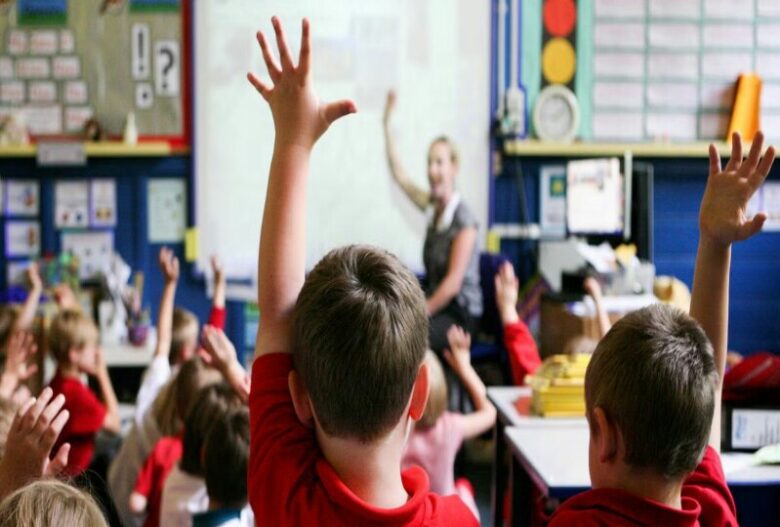The government of the United Kingdom is set to ban teaching Sex Education to children below 9 in a bid to control concerns with gender identification for children.
UK Prime Minister Rishi Sunak said the government proposals will be published on Thursday, subject to a nine-week consultation, and will be enacted once finalised.
Sunak said parents and guardians had complained about the safety of their children, noting that some schools were exposing the minors to disturbing content that was not appropriate for their developmental stage.
The move follows a landmark review that last month urged “extreme caution” on prescribing masculinising or feminising hormone treatments for young people grappling with gender identity issues.
Sunak said, “Parents rightly trust that when they send their children to school, they are kept safe and will not be exposed to disturbing content that is inappropriate for their age.
“That’s why I was horrified to hear reports of this happening in our classrooms last year. Contested theory of gender identity will not be taught”.
The Prime Minister said the new proposals will also include additional content on suicide prevention and the risks of viewing content promoting self-harm online.
Education Secretary Gillian Keegan said: “This updated guidance puts protecting children at its heart, and enshrines parents’ right to know what their children are being taught.
“It will support schools with how and when to teach often difficult and sensitive topics, leaving no doubt about what is appropriate to teach pupils at every stage of school.
“Parents can be reassured once and for all their children will only learn age-appropriate content.”
Since September 2020, relationships and sex education have been mandatory in secondary schools in England, while relationship education has been compulsory in primary schools.
Lucy Emmerson, chief executive of the Sex Education Forum charity, expressed concerns about restricting topics, stating, “If topics were to be restricted it will leave children even more dependent on getting answers about topics from pornography, coercive control and STIs from online sources.”
She emphasised, “Banning topics and restricting age bands is not the solution; supporting schools, training teachers, and taking an evidence-based approach is what’s needed to empower and protect children and young people.”
The National Association of Head Teachers (NAHT) has urged the Government to provide evidence that age limits will enhance the support, protection, and safeguarding of pupils.
Paul Whiteman, general secretary at the union, remarked, “We cannot ignore the fact that some children and young people are already accessing information from different sources outside of school.
“This may lead to questions that need careful handling from trained professionals. It is hard to see how rigid limits on what can be discussed and when would be in the best interests of young people – and this may even risk them seeking information from less reliable sources.”
YOU MAY ALSO READ: Nigerian workers reject government’s N48,000 minimum wage proposal









Got a Question?
Find us on Socials or Contact us and we’ll get back to you as soon as possible.